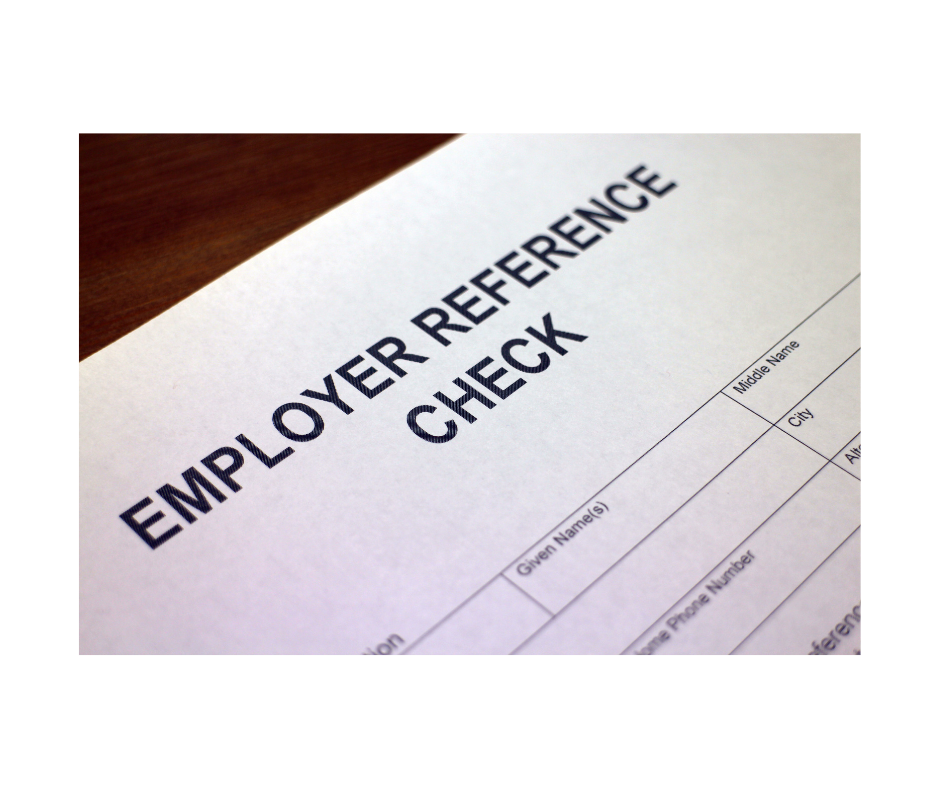If you hire individuals to work in your home, such as nannies, senior caregivers, or housecleaners, you are likely a household employer in the eyes of federal labor and tax authorities. This employment relationship means you're responsible for filing the proper taxes and providing the necessary paperwork to your employees if you pay them over $2,700 for the year (updated for 2024).
Read More
Topics:
household employer,
nanny tax,
Senior Caregiver Payroll,
domestic worker,
caregiver tax,
schedule H,
household employment,
homework solutions
If you've worked as a household employee and received your pay 'under the table,' you might wonder about your eligibility for Social Security benefits when you retire. The answer is not straightforward and depends significantly on your marital status, work history, and how your income was reported.
Read More
Topics:
eldercare,
nanny retirement,
W-2,
nanny,
caregiver,
Senior Caregiver Payroll,
senior home caregiver,
domestic worker,
childcare
When you hire a new household employee, it's important to handle the process carefully and thoroughly. Whether you're welcoming a nanny, a senior caregiver, or a household chef, understanding the key steps can help ensure a smooth integration into your home and family life. Here are several essential considerations to remember as you begin this important journey.
Read More
Topics:
household employee taxes,
caregiver payroll,
household staffing agency,
household employee,
hiring a nanny,
nanny employment practices,
nanny payroll,
nanny payroll tax,
nannies,
nanny tax,
nanny employee,
domestic employer legal responsibilities,
household payroll,
Hiring Elder care,
hiring care for seniors,
domestic worker,
caregiver management
When your nanny decides to leave, whether the parting is mutual or unexpected, it can be an emotional and complicated time for everyone involved. Here are some important steps to consider to ensure a smooth transition and to maintain a positive relationship through the change:
Read More
Topics:
caregiver payroll,
household employee,
household employer,
hiring a nanny,
nanny employment practices,
nanny taxes,
nanny employee,
nanny return of family property,
household payroll,
nanny employment termination,
nanny separation,
caregiver,
domestic worker,
childcare,
child care
The Fair Labor Standards Act (FLSA) is a federal law designed to protect the rights and well-being of workers in the United States, including those working in private households. It is important to understand how the FLSA applies to domestic workers and the concept of "hours worked" to ensure a fair and legal working environment. Keep in mind, while these federal requirements apply in all areas, states and localities also have laws regarding hours worked and compensation.
Read More
Topics:
FLSA,
nanny agency,
nanny,
caregiver,
Senior Caregiver Payroll,
domestic worker,
agency
Life is busy, and sometimes hiring household employees to help around the house is a necessity. If you are considering hiring a nanny, house cleaners, senior caregiver, personal chef, or some other type of experienced domestic employee, there are a few things to keep in mind.
Read More
Topics:
housekeeper,
nanny agency,
hiring a nanny,
nanny payroll,
caregiver background screening,
caregiver,
senior home caregiver,
domestic worker,
agency,
what to expect
If you plan on hiring an employee to work in your home, it’s essential to know who you’re hiring. Background and reference checks can give you confidence that their criminal and personal history are free and clear of anything alarming. Our HomeWork Solutions experts have worked with thousands of clients over the years, and we recommend reference checks and background screenings for anyone regularly working inside your home.
Read More
Topics:
caregiver,
nanny reference check,
senior home caregiver,
outsource nanny payroll,
domestic worker,
agency,
what to expect,
employment compliance
Whether you're a mom, dad, grandparent , or guardian, the children in your life are some of your greatest treasures. Finding the right person to love and care for them is significant and hiring a qualified nanny to work in your home requires some research. Here are some of the most important things you should know before hiring a long-term nanny.
#1: Know what you need.
Every family is unique, which means your childcare needs will be unique too. Understand your family's needs and make a list of expected duties and responsibilities you want a nanny to have. Then, think about the qualities you're looking for in a nanny. Do you want someone young and energetic that may be just starting their nanny career? Maybe you would be more comfortable with someone experience, who has worked with multiple families during their career. Know what you're looking for, and let that help guide your search.
Read More
Topics:
household employee taxes,
nanny agency,
summer nanny,
nanny payroll tax,
nannies,
nanny tax compliance,
outsource nanny payroll,
domestic worker
Have you heard of the “Nanny Tax?” Not sure it applies to your household employment situation? Even if you don’t have a nanny working in your home, the Nanny Tax might apply to you. Housekeepers, gardeners, house or pet sitters, or any other regular household employee who works at your direction could make you eligible for state and federal tax requirements.
Read More
Topics:
household payroll literacy,
home health workers,
nanny payroll tax,
caregiver,
senior home caregiver,
domestic worker,
private educator
If you hire people to work in your home -- such as nannies, private nurses, or housecleaners -- then you’re a household employer. You’re responsible for filing the proper taxes and getting the right paperwork to your employees if you pay them over $2,000 for the year (as of 2016).
Now that it’s tax season, be sure you’re providing your domestic workers with the proper paperwork. Start with the following information to ensure a stress-free tax season.
Read More
Topics:
household employer,
nanny tax,
nanny taxes,
domestic worker









.png)
